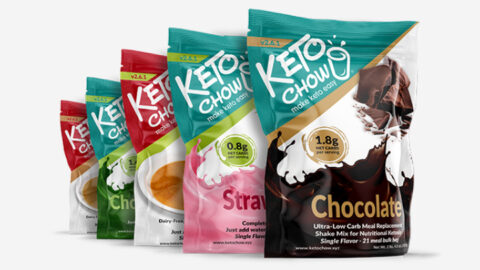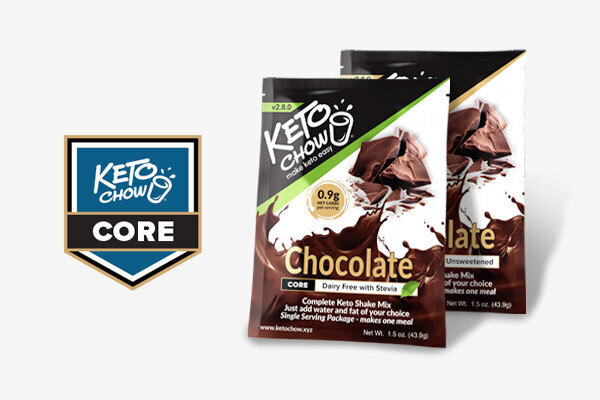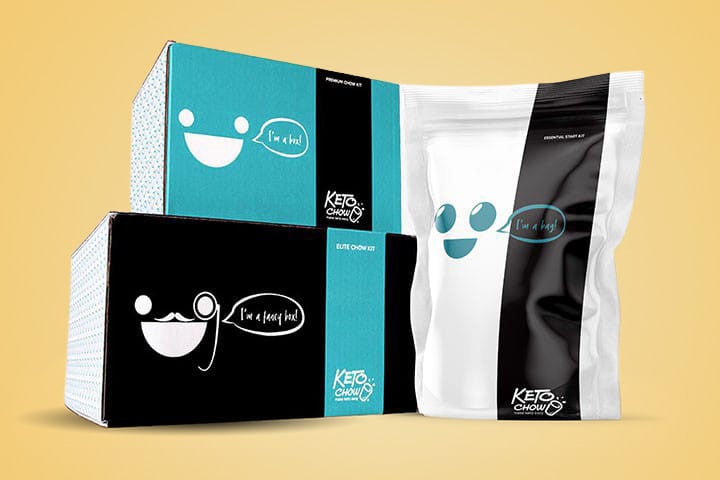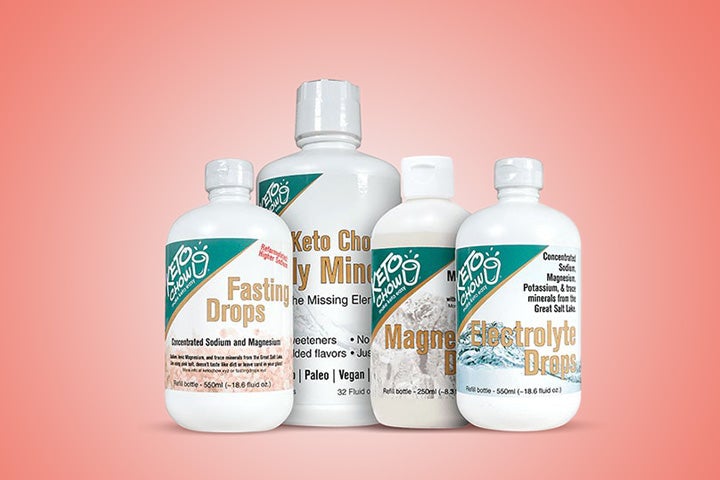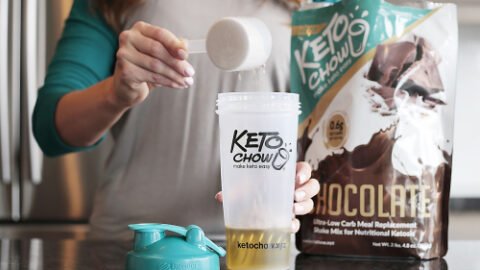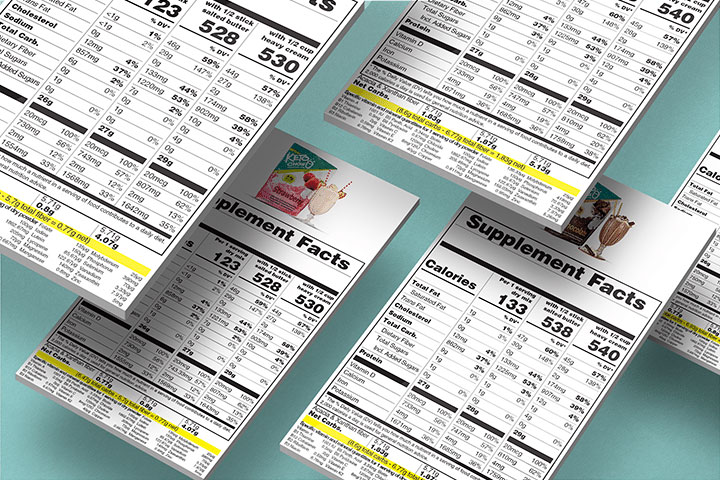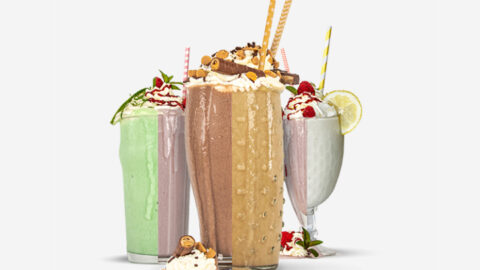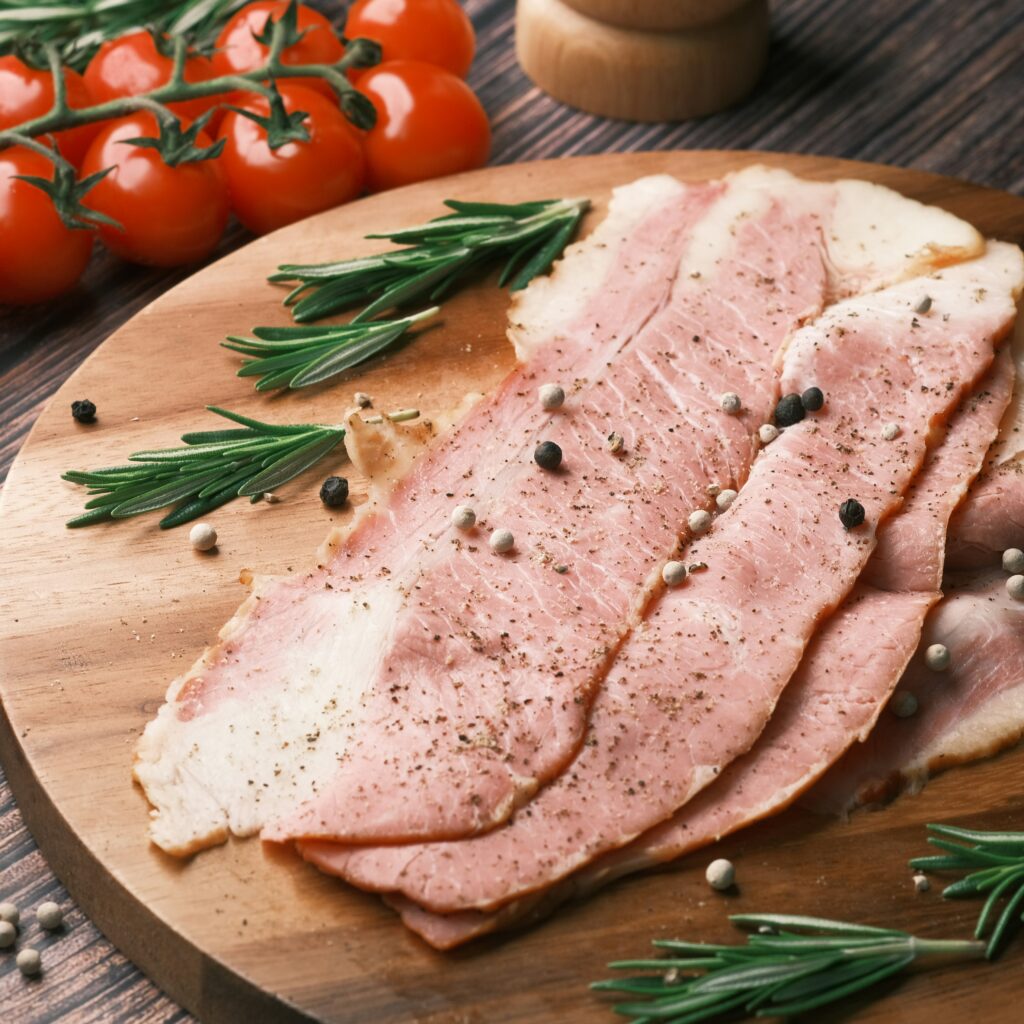If you’re satisfied with the results you’re getting from your low-carb, keto, or carnivore diet, then your current level of protein intake is working well for you. But if you’re not experiencing some of the benefits keto is often expected to deliver, consider whether reducing your protein intake could help shift things in a better direction.
There’s a lot of buzz out there about protein. If you follow a keto diet, you might hear alarmist things like, “Protein turns into sugar!” Or “Protein spikes insulin!” On the other hand, if you lean more toward the carnivore diet, you might believe that protein can do no wrong – the more, the merrier!
So what’s the truth about protein? Can you load up on as much of it as you like, or do you need to be careful about the amount you’re eating on a keto diet? Let’s dive into the nuances of protein so you can find your sweet spot.
Protein is essential

Unlike carbohydrate, which is not actually required in the human diet, protein is essential to consume. Besides providing essential amino acids, vitamins and minerals, protein is a critical component of every structure in your body.
When you think about protein as a building block for your body, you might automatically picture big, bulging muscles. But even if you don’t consider yourself to be a bodybuilder, make no mistake: you are building your body all the time. Your body breaks down and renews tissue nonstop, and muscles aren’t the only tissue made from protein.
Here’s a sampling of the dizzying array of things your body makes from protein:
- Skeletal muscles (e.g., biceps, glutes, quadriceps, triceps, etc.)
- Smooth muscles (such as the muscles lining the GI tract and blood vessels)
- Connective tissue (ligaments, tendons, etc.)
- Bones, hair, skin, and nails
- Hormones (e.g., insulin, glucagon, thyroid hormone, human growth hormone)
- Neurotransmitters (e.g., serotonin, dopamine, norepinephrine)
- Enzymes (catalysts that regulate just about every biochemical process in your body, such as digesting food, burning fat, exchanging oxygen and carbon dioxide in your lungs, and countless other processes)
- Antibodies (for healthy immune system function)
Are there drawbacks to eating protein?

If protein is crucial for so many things in your body, how could there be any downside to it? It’s all about context. You do need to eat some protein, but overdoing it can interfere with some of the beneficial effects you might be looking to get from a strict ketogenic diet.
So, just because many high-protein foods are zero-carb or close to it (beef, pork, poultry, and seafood, for example), this doesn’t mean you can eat an unlimited amount of protein and still get the most powerful results from keto.
Does protein turn into sugar?
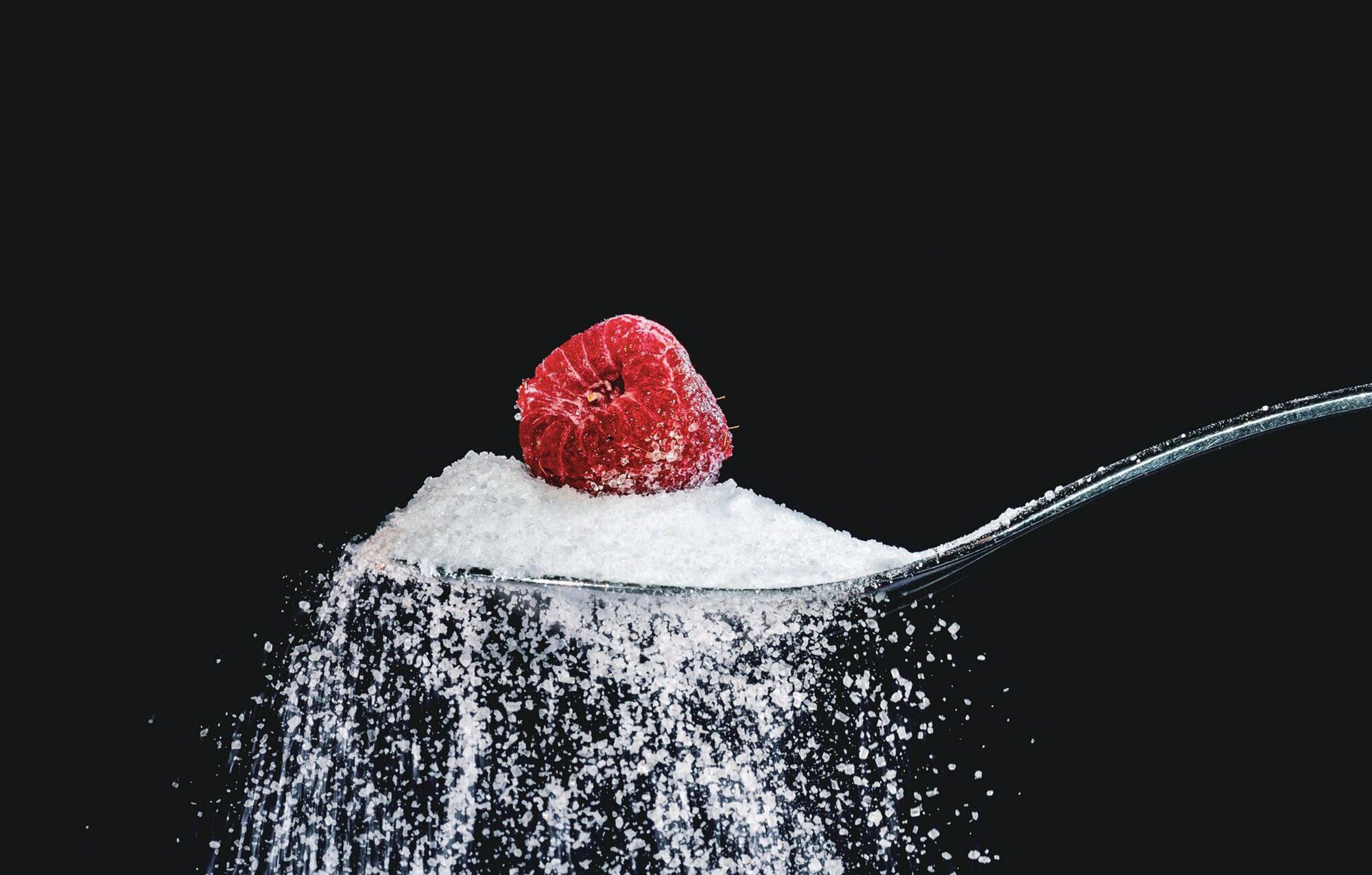
A few years back, people were skimping on protein because they heard unscientific and hyperbolic things online about protein turning into sugar. It’s true that amino acids (the building blocks of protein) can be converted into glucose, but this doesn’t happen just because you eat a large serving of protein in a single meal.
Amino acids are converted into glucose when your body needs more glucose than it’s getting from your diet – such as when you’re fasting or following a very low-carb or keto diet. This process is called gluconeogenesis, or GNG for short.
If you follow a keto diet, then rather than fearing GNG, you should be grateful for it, because it’s the reason you can follow a keto diet or fast for more than a day or two without your blood sugar crashing to zero.
If you’ve ever checked your blood sugar with a glucometer or worn a continuous glucose monitor (CGM), you may have noticed that your blood sugar barely budges even after you eat a hefty serving of protein. So the reason protein can be a problem on a keto diet isn’t that it raises blood sugar. It’s related more to protein’s effect on insulin.
How does protein affect insulin?
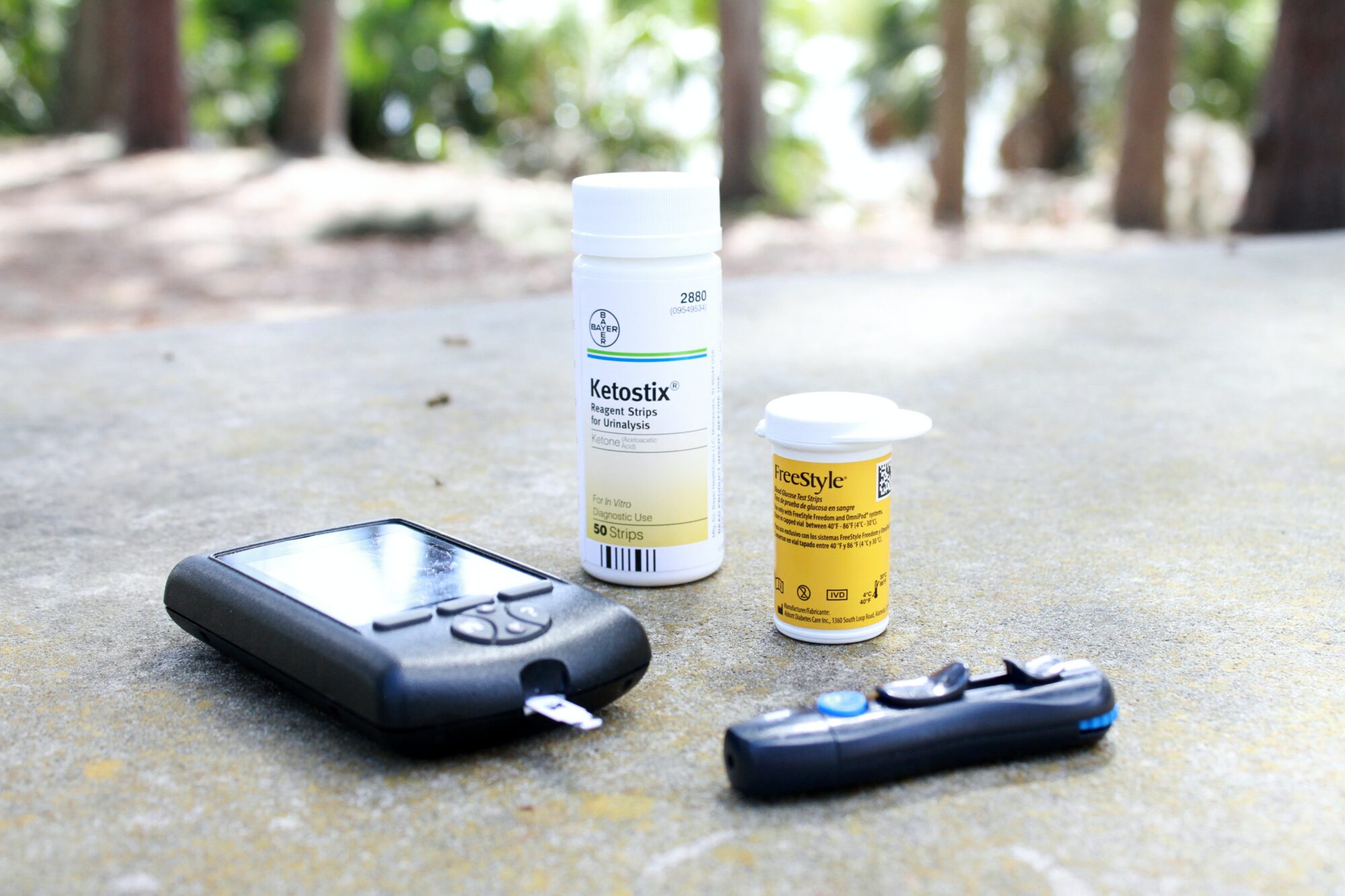
You’re probably familiar with insulin’s role in lowering blood sugar. And you probably also know that dietary carbohydrate – particularly refined carbs – have the biggest impact on raising blood sugar, and therefore, on raising insulin, too.
But it’s not as well known that protein also elicits a rise (but not a spike) in insulin. You don’t need to be afraid that this critical macronutrient could be contributing to serious health problems caused by chronically high insulin.
Protein inhibits ketone synthesis

Researchers use the phrase “anti-ketogenic” when referring to carbs and protein because both of these macronutrients can reduce ketone production. The relevance of this depends on why you’re following a keto diet.
For goals such as weight loss, reversing type 2 diabetes, improving polycystic ovarian syndrome (PCOS), and supporting overall metabolic health, your ketone level doesn’t matter much. But if you’re using keto for mental health, epilepsy, cancer, or a neurodegenerative condition, it might not be enough to only limit carbs. Protein needs to be limited, too.
How do you know if you’re eating too much protein on keto?
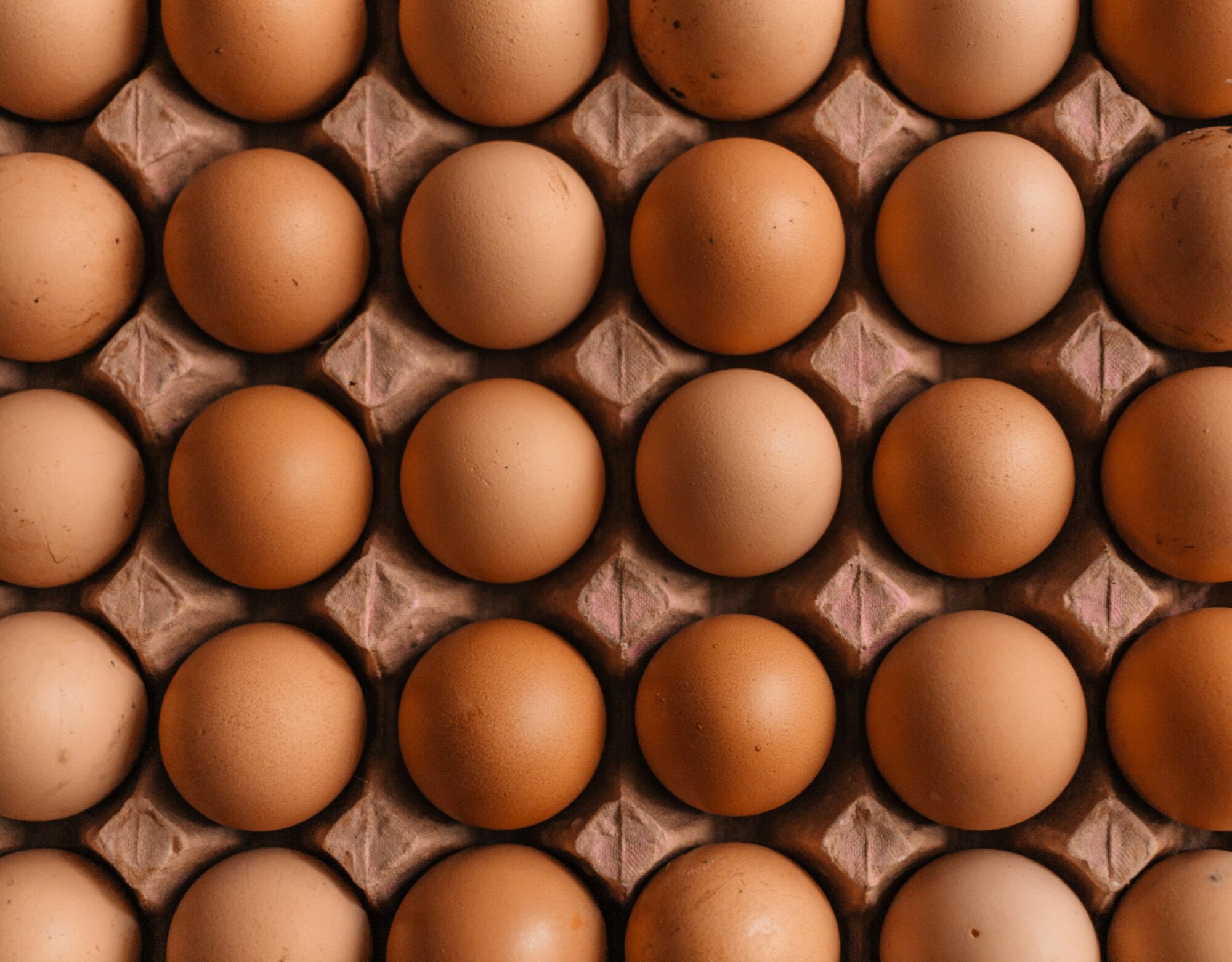
Despite the algorithms and macro calculators you’ll come across online, there’s no precise formula that can tell you exactly how much protein (or carbohydrate, for that matter) you can consume and still be content with the results you’re getting from a keto or carnivore diet. And this is what really matters – not your ketone level, but how you feel and whether you are accomplishing your goals.
There’s a lot of individual variation, but here are some of the effects people commonly report on a keto diet – so if you haven’t experienced these, it’s possible you might benefit from reducing your protein intake in an effort to raise your ketone level to see if that has a positive impact for you:
- Fewer sugar or carb cravings (maybe none)
- Well-controlled appetite
- Sharper thinking (no brain fog)
- Increased energy
- Improved mood stability; a more positive mental outlook
Other expected benefits – like lower blood sugar, no more heartburn, reduced joint pain, and less bloating and fluid retention – likely aren’t the result of elevated ketones, so you might already be reaping those benefits of keto but missing out on the other things you’re aiming for.
Before addressing your protein intake, though, be sure your carb intake is ultra-low. The foundation of a ketogenic diet is a very low carbohydrate intake. So make sure you’re not eating more carbs than you realize.
How to reduce protein intake on keto

If any of this has you intrigued and you’d like to see if cutting back on protein would have a positive impact on your physical or mental health, here are some tips on how to find out.
Conduct an experiment with yourself as the subject. Thinking of it this way – as an experiment – takes the pressure off. There’s no passing or failing; you’re just gathering data. If you reduce your protein intake for several days and you feel a significant improvement, that’s useful information that can guide what you do over the longer term.
This experiment doesn’t require a total overhaul of your diet. An easy place to start is just shifting to fattier meats. For example, opt for ground meats with a higher fat percentage than you were eating before. Favor cuts of protein that are naturally fattier, like bacon or other kinds of pork belly, fatty steaks, fatty pork chops, salmon or other fatty fish with the skin, sardines canned in good quality olive oil, etc.
Cut back on portion sizes, too, if you can do that and still feel satiated. If you need to eat a little more to feel full when reducing protein, add a bit more fat to your meals by rounding things out with butter, cream cheese, macadamia nuts, and your preferred oils. And of course, do this while keeping your carb intake very low.
You may also may or may not choose to measure your ketones during your experiment to help you have more data to work from.
Summing Up

If you’re satisfied with the results you’re getting from your low-carb, keto, or carnivore diet, then your current level of protein intake is working well for you. But if you’re not experiencing some of the benefits keto is often expected to deliver, consider whether reducing your protein intake could help shift things in a better direction.
To learn a bit more about why reducing your protein intake might help you get better results from a keto or carnivore diet, see this video: Is Protein Ruining Your Keto Diet?
Looking for a high-protein meal?
Then check out Keto Chow! Keto Chow is a meal shake with 1/3 of your daily recommended nutrients, including protein, vitamins, minerals, essential electrolytes, and more! Choose from over 25 delicious flavors!
